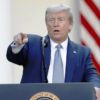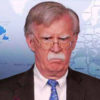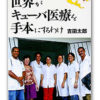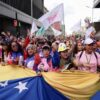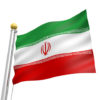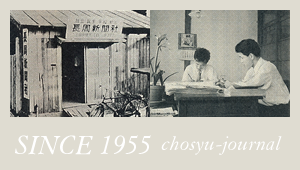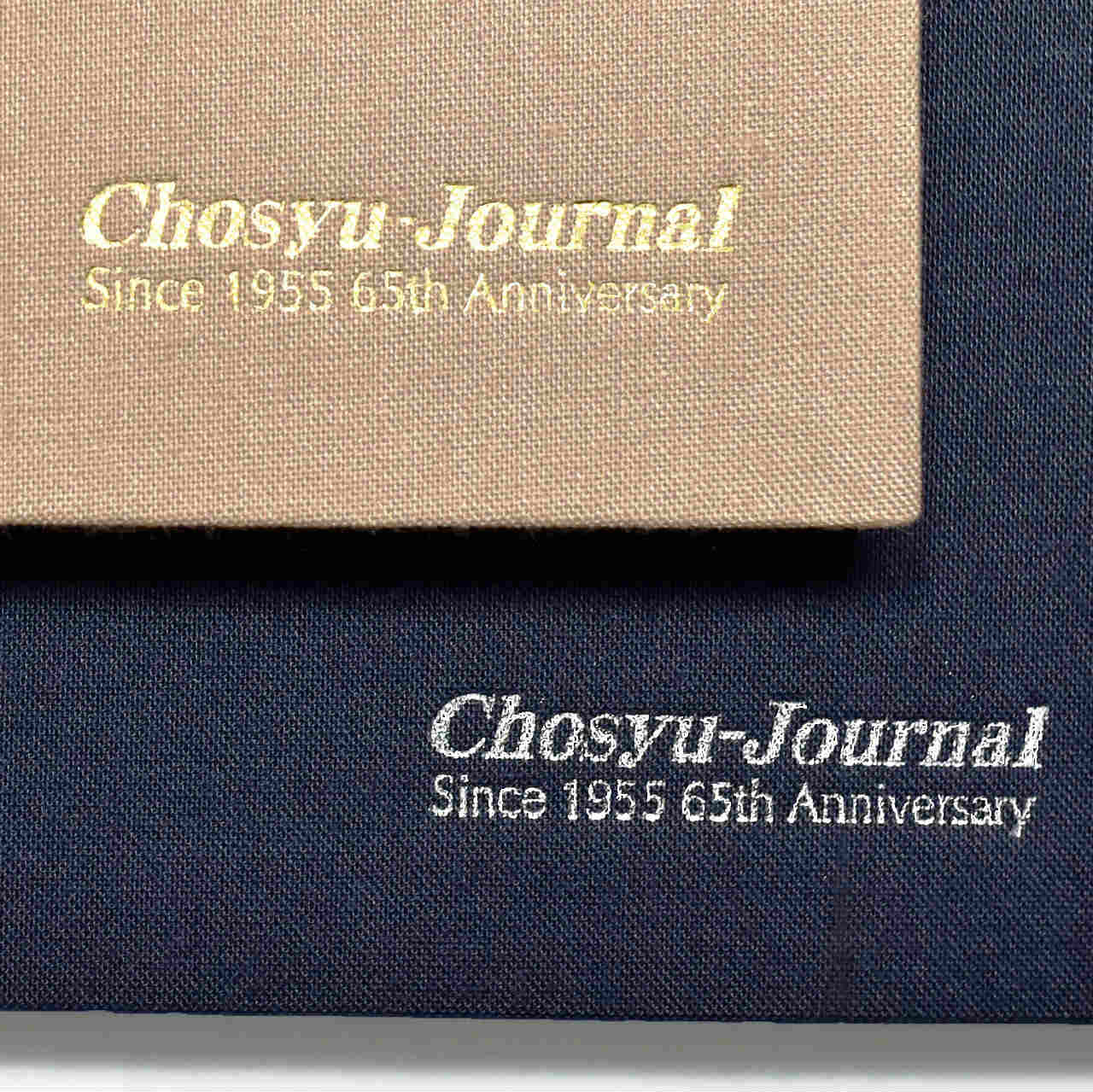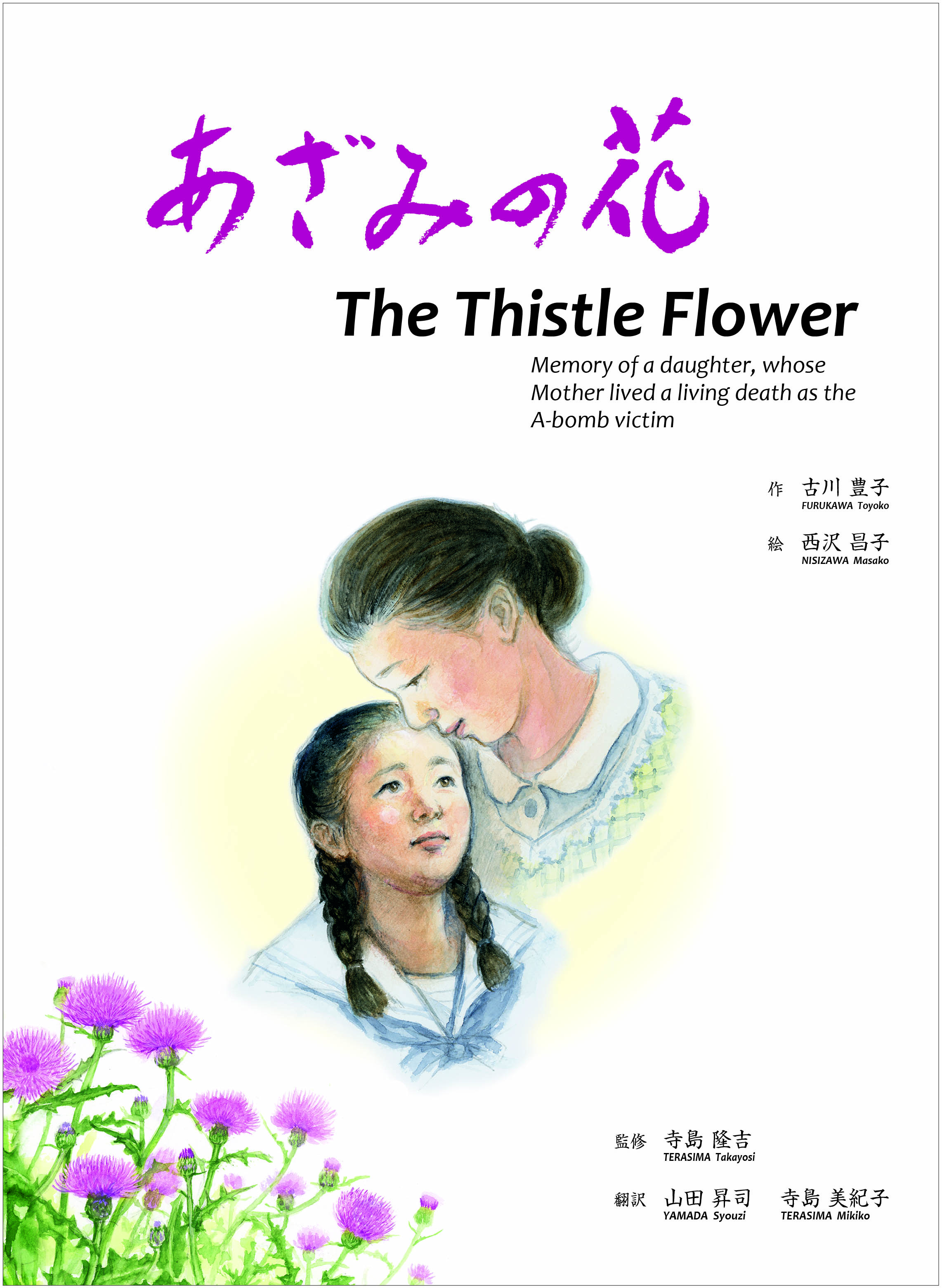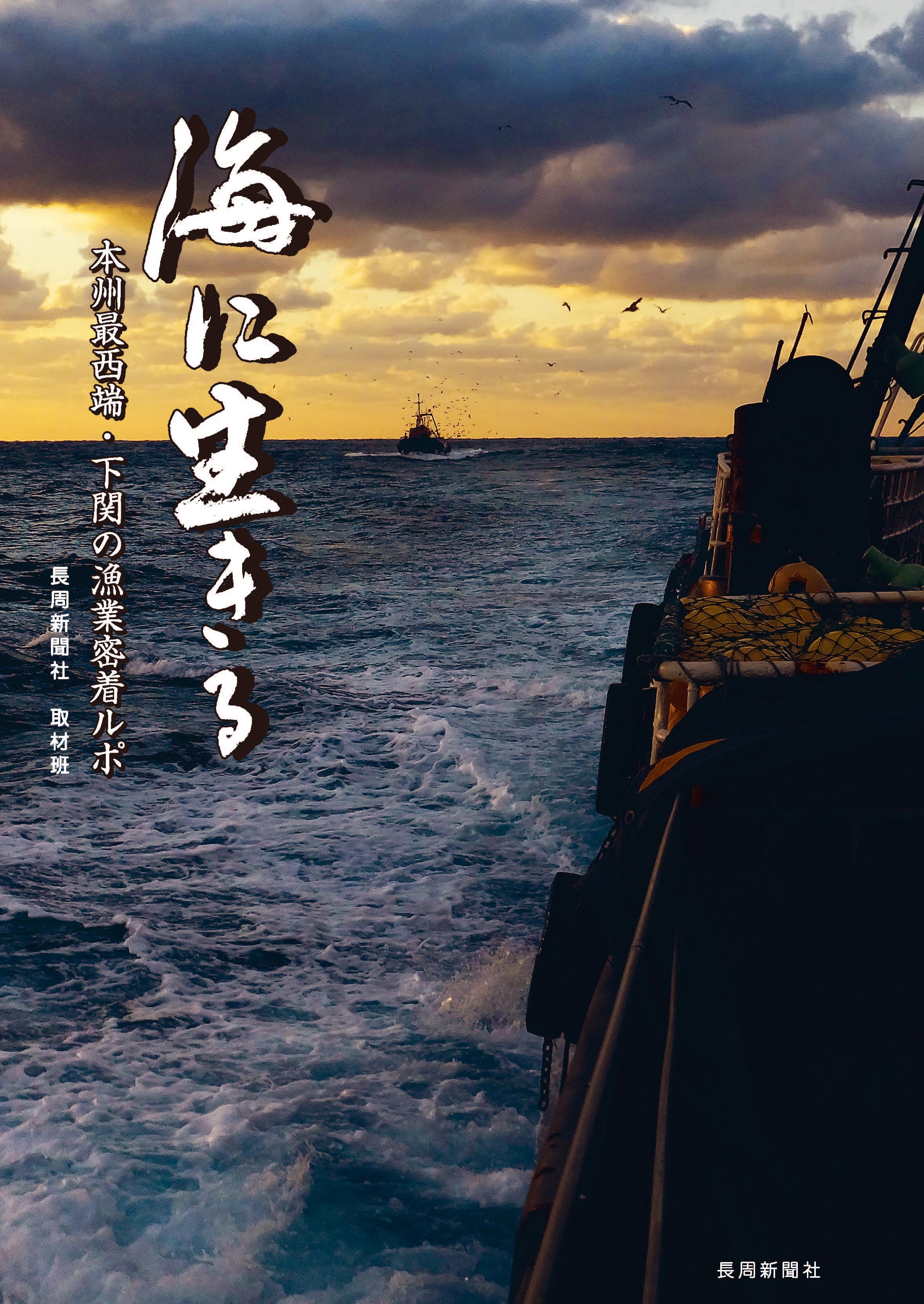本紙記事「災いに乗じ他国攻撃する米国 キューバ、ベネズエラ、イランに対する非人道的措置」(2020年4月19日配信)の英訳版を掲載します。Rachel・Clark氏をはじめ翻訳にご協力いただいた皆様に感謝申し上げます。
翻訳[Translation]:Rachal Clark
編集[Edit]:Tarak Kauff , Stephen Ready
Taking advantage of disaster, the U.S. attacks other countries: inhumane measures against Cuba, Venezuela, and Iran
April 19, 2020
In the midst of the global spread of the novel coronavirus (COVID-19) pandemic, the US government has been receiving international accusations for increasing the pressure on sanctioned countries and military threats in response to this disaster.Amid the urgent need for virus containment and relief aid through international solidarity and humanitarian mutual support that transcends races, positions, and national systems, the US is using the crisis to strengthen their hegemony.
This overlaps with ruthless policies that cut off vulnerable populations from the framework of medical care and financial support. This pandemic is not a natural disaster, but has an imposed aspect of artificial warfare. What Naomi Klein calls “disaster capitalism.” In this global situation, the United States has targeted Cuba with additional cruel sanctions.
Cuba: Medical teams dispatched to countries around the world
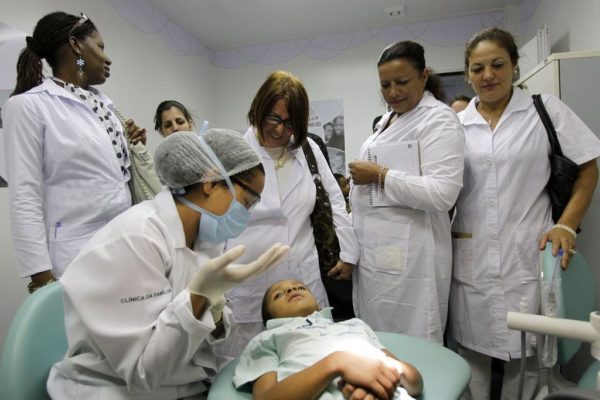
Cuba has attracted attention for embarking on international medical support activities to address the spread of the novel coronavirus. It has dispatched medical teams to 37 countries with active infections: Latin-America and African countries, as well as China and Italy, where the virus has caused a collapse in medical care. Despite suffering for more than half a century from the economic blockade by the United States, Cuba has positioned “medical diplomacy” as a core national policy, and has developed a number of advanced medical technologies in addition to its national doctor training program. Currently, about 37,000 medical personnel are dispatched to 67 countries around the world, many of whom are engaged in long-term missions.
The antiviral drug interferon alpha-2B developed by Cuba was found to be effective in the treatment of novel coronavirus pneumonia, and was among listed drugs for information by WHO. This drug, which has been approved in Japan as well, is now attracting attention as a “miracle new drug”, and more than 45 countries around the world have applied for the prescription drug.
However, being hostile to Cuba, the U.S. government urged other countries not to use Interferon Alpha-2B from Cuba and has not approved it as a treatment for COVID-19 in the U.S. Not only that, the US State Department has stated that Cuba offers its international medical missions to those afflicted with #COVID-19 only to make up the money it lost when countries* stopped participating in the abusive program.” Also, it accuses that Cuba has been “exploiting the medics program for cash,” saying “75 per cent of their salary is withheld by Havana in a modern-day form of ‘slavery.’ Countries should scrutinize the agreement and put an end to forced labor. “
(*Latin American countries such as Brazil, Bolivia, Ecuador and El Salvador, swinging back to the right, have cut contracts with Havana and have sent the medical brigades home, due to which Cuba’s revenues have taken a hit.)
In response, the Cuban Foreign Ministry said that they would never carry out preventive or surprise attacks against any dark corner of the world; but rather that their country could send needed doctors to the darkest corners of the world. Doctors, not bombs. Doctors, not smart weapons. He said “The smear campaign by the U.S. government is immoral in every situation. It is particularly offensive to Cuba and the rest of the world when all of us are threatened by a pandemic and all of us must strive to promote solidarity and support,” he condemned.
On the 12th, MEDICUBA, the company in charge of import and export operations for the Cuban Ministry of Health, announced that Switzerland’s IMT Medical AG and Astronautic, which had been supplying ventilators to the country, had been acquired by Vyaire Medical, a US company based in Illinois, USA, and that it had been notified that “the corporate guideline is to suspend all transactions with Cuba from today”. The ventilator is an essential medical device in the treatment of critically ill patients with novel coronavirus pneumonia and is also the last resort. Cutting off supply to Cuba would not only make the country’s medical activities against COVID-19 significantly more difficult, but would also be a major blow to Cuba’s international medical assistance activities in each country.
According to an article in the Cuban governmental newspaper Granma, the Secretary General of the Cuban Ministry of Foreign Affairs for Central and South America reported, “While Cuban medical cooperation extends around the world to support the fight against COVID-19, the United States has imposed on us an insane blockade that cuts off access to two suppliers of ventilators – the key to caring for the most serious cases of the disease – and Cuba.” He also said that the economic blockade prevents Caribbean countries from purchasing medicines from U.S. companies, and pointed out that these U.S. measures were taken just hours after the World Health Organization (WHO) Director-General called for “an end to the politicization of COVID-19”.
Cuba also announced “medical supplies from Alibaba Foundation to help combat COVID-19 have not arrived in the country due to the criminal US blockade against the island nation.” This refers to a last-minute block by the U.S. embargo in mid-March when Jack Ma, founder of Chinese e-commerce giant Alibaba, donated 2 million masks, 400,000 testing kits and 104 ventilators to Cuba, the Caribbean and 23 South American countries. The paper noted that “last year Cuba lost $160 million due to U.S. sanctions in the health sector, forcing it to make more expensive purchases in remote areas.
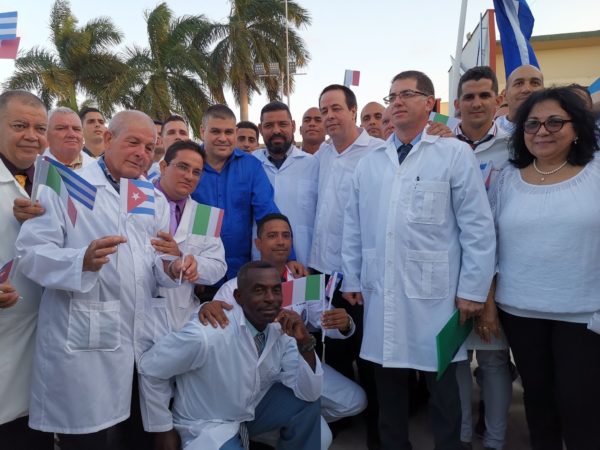
Cuban Foreign Minister Rodriguez said, “blockades and sanctions do not have ethical or legal justification. The blockade against Cuba is a genocide.” As for the United States intensifying its attacks on Cuba, he criticized that in a context where nations must help each other, the US ‘tightens its aggression against a supportive country.’, and called for the lifting of the inhumane economic blockade by the United States. Last November, the U.N. General Assembly adopted a resolution titled “Necessity of ending the economic, commercial and financial embargo imposed by the United States of America against Cuba” (document A/74/L.6) with 187 in favor of the 192 member states. Only three countries – the United States, Israel and Brazil – voted against it. The resolution has been adopted 28 times in a row since 1992.
Venezuela faces increased U.S. troops
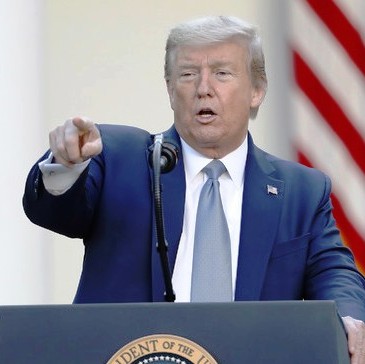
On March 26, President Trump called President Maduro a “corrupt actor” and indicted him and 12 other Venezuelan officials on charges of “drug terrorism conspiracy” and “drug trafficking,” offering $10 million to 15 million reward for information leading to his arrest.
The Trump administration announced on April 1 that it would deploy more U.S. naval and surveillance aircraft and special forces to the Caribbean. In a continuation of such activity, Britain and France deployed their own troops in the Caribbean on the 2nd and 3rd, respectively. Under the guise of a novel Corona countermeasure, the tension was increased by the deployment of British Royal Fleet Argus and amphibious assault ship Dixmude.
The U.S. government has also said to Cuba that “U.S. intelligence has information on drug shipments,” but has provided no corroborating evidence. On April 2, the Trump government proposed to lift the economic sanctions on Venezuela on the condition that its ruling and opposition parties “remove President Maduro and form an interim government.” Taking advantage of the COVID-19 panic, the U.S. has strengthened its stance to back up the coup d’état, using the country’s chairman Guaido, to overthrow the legitimate Venezuelan government.
In a statement addressed to each country, President Maduro pointed out that the alleged “drug trafficking” by the United States against Venezuela was in retaliation for the revelation that the United States had hired a retired Venezuelan general to transport a large number of weapons from Colombia. This retired general was subsequently sent to the U.S. with VIP treatment. Later, as if he were a member of the Venezuelan authorities, he was added to the list of accused together with Maduro. Maduro stressed that “this botched military operation was scheduled to be carried out at the end of March, right in the middle of the country’s struggle with the spread of COVID-19.
The Trump administration appears determined to deepen its policy of aggression against regional sovereign nations, particularly the Venezuelan people, despite the horrific acceleration of COVID-19’s spread, which also affects the American people,” the statement said, adding, “In the midst of a global outbreak, the U.S. government has tightened unilateral sanctions and denied Venezuela access to medicines, medical equipment, and food, instead of focusing on its policy of international cooperation in health and prevention. At the same time, it forbids them from even operating humanitarian flights to bring home hundreds of Venezuelan nationals facing economic and health crises in the United States,” the report states.
In denouncing such a serious situation, Venezuela reiterates its determination to maintain respect and cooperation with all countries. All the more so in this unprecedented situation where responsible governments are to work together despite differences of opinion, as the pandemic does go beyond national borders,” said President Maduro in the statement. It warns countries that the US’ “whimsical shifting categories such as terrorists and drug traffickers without any evidence” means that it could launch a similar campaign tomorrow against other countries and governments.
Iran: Sanctions make it difficult to treat patients
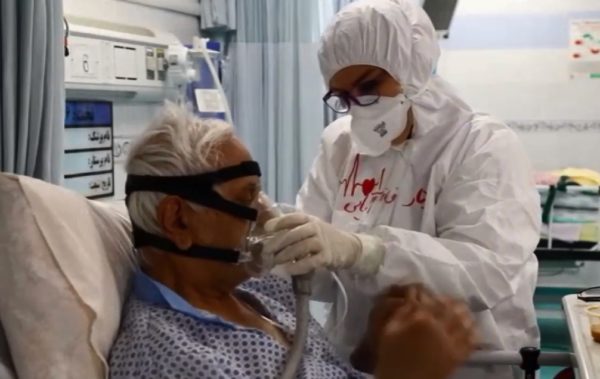
Against Iran also, the U.S. has continued and tightened unilateral economic sanctions, since the Trump government walked away from the nuclear agreement. Iran has become the world’s eighth most infected country with 76,000 cases (4585 deaths) as of April16. In addition, it is facing difficulties as an embargo of oil, which has underpinned the country’s economy, and other economic sanctions stall supplies of needed medicines and medical supplies. On March 26, the U.S. designated five companies and 15 individuals based in Iran and Iraq as well as additional targets for sanctions for “supporting terrorist organizations,” among other reasons. It was the third additional sanction in the growing number of novel coronavirus infections.
Meanwhile, U.S. Secretary of State Pompeo offered Iran assistance in responding to the COVID-19. In response, the Iranian Foreign Ministry spokesman criticized the claim that a country oppressing the Iranian people through economic terrorism and closing the way for them to purchase medicines and medical equipment; would support Iran in response to the new virus, saying it is ridiculous and a political mind game, and called for the immediate lifting of the economic sanctions.
The person in charge of Iran at Relief International, an international NGO that provides humanitarian assistance, said U.S. sanctions have made it difficult to send sanitary and medical equipment and supplies to Iran. Although the U.S. government states that humanitarian aid is not subject to economic sanctions, in reality, the U.S. government unilaterally sanctions humanitarian aid, and “many companies and organizations are hesitant to do business with Iran because they consider it illegal.
In this context, the Iranian Mission to the United Nations expressed on the 12th of April that “any action that limits the ability of one nation to cope with the crisis will lead to the spread of a novel coronavirus infection and undermine the global fight against the pandemic. Iran is experiencing the worst of the spread of the COVID-19.” He strongly condemned the U.S. sanctions on Iran, arguing that “U.S. sanctions severely impede Iran’s effective efforts to identify and treat patients and prevent the spread of infection.” The report also states that it is almost impossible to transfer funds frozen outside Iran to designated Swiss banks, and that “even now, due to pressure from the United States, several pharmaceutical and medical device manufacturers are refusing to deliver novel coronavirus countermeasures to Iran.
With the global challenge of containing the coronavirus pandemic, the lifting of sanctions on Iran is in the interest of all humanity…the international community should not allow the continuation of inhumane and unlawful sanctions that harm the health and livelihoods of the people in the world to prevent the situation from being further exacerbated by the spread of COVID-19.
The mayor of Tehran, Iran’s capital, also stressed the efforts to expand medical care in the country, saying, “Iran is effectively fighting against two viruses: COVID-19 and US sanctions.” He stressed efforts to expand medical care in the country, saying, “At the beginning of Corona’s spread, there were only two virus testing facilities in Iran due to sanctions, but now there are 60.” Along with Iran’s own efforts to be a medically advanced country to begin with, the country is now importing medical supplies from China, Russia, and as of this month, Germany, the United Kingdom, and France, taking advantage of a euro-denominated framework that circumvents U.S. sanctions.
To stop funding to WHO is de-facto sanctions
The U.S. economic pressures do not stop at targeting individual countries. On April 14, President Trump criticized the World Health Organization (WHO) for being “excessively pro-China” and announced that he would suspend funding for the organization.
WHO is an international organization that oversees health in the United Nations system, with the goal of “enabling all people to reach the highest possible standard of health” (Article 1 of the UN Charter), and that develops rules and provides technical guidance to health authorities in a wide range of fields, including infectious diseases, non-communicable diseases, maternal and child health, pharmaceuticals, healthcare systems, water and sanitation, and food safety. Before the establishment of the WHO, the number of Spanish flu cases affected 25-30 percent of the world’s population and killed 40 million people, so it has functioned as an overseeing body for the development of vaccines against infectious diseases such as SARS, MERS, and influenza.
The United States, China, and Japan account for about 15 percent, 12 percent, and 8.5 percent of the WHO’s contribution, respectively. Trump criticized WHO policy as being responsible for the spread of the infection, saying, “We have to hold the Chinese government accountable” because “there was information from Wuhan that should have been suspected of human-to-human transmission, but WHO did not investigate and defended the Chinese government’s response. U.N. Secretary-General Guterres called for reconsideration, saying, “We shouldn’t stop now,” but President Trump even went so far as to say that the U.S. should be outside the WHO’s framework, saying that the WHO should be surveyed over the next two to three months and “we should find another way in cooperation with other countries.
The reason behind this hard-line policy is nothing less than impatience with the fact that public discontent has erupted over the spread of the infection in the country, threatening his own position in the presidential election.
The number of people infected in the U.S. is now the world’s single largest, with 640,000, three and a half times as many as Spain (180,000), the second largest infected country in the world. The death toll was over 30,000 (Johns Hopkins University statistics as of April 16th). In the U.S., not having a national universal health insurance system, there are 30 million uninsured people, who are forced to pay a huge amount of personal expenses just to get tests, and cannot get decent treatment. So the number of infections per day continues to rise in the tens of thousands, marking the downfall of a neoliberal politics that has cut down public health and public health care in favor of some big business interests.
The United States’ violent interference in other countries in the midst of the spread of the COVID-19 is an extension of its own domestic policy of exploitation of its own people. By doing so, it shows the flip side of the weakening of its governance and hegemony to the extent that it has been forced to remove the masks of “humanitarianism” and “liberalism” that have long deceived the world. In this context, there is a growing global force that is pushing for a shift from a politics of profit-seeking vested interests that have already lost the power to govern society, to a politics that works for the benefit of all the people who make up society.
